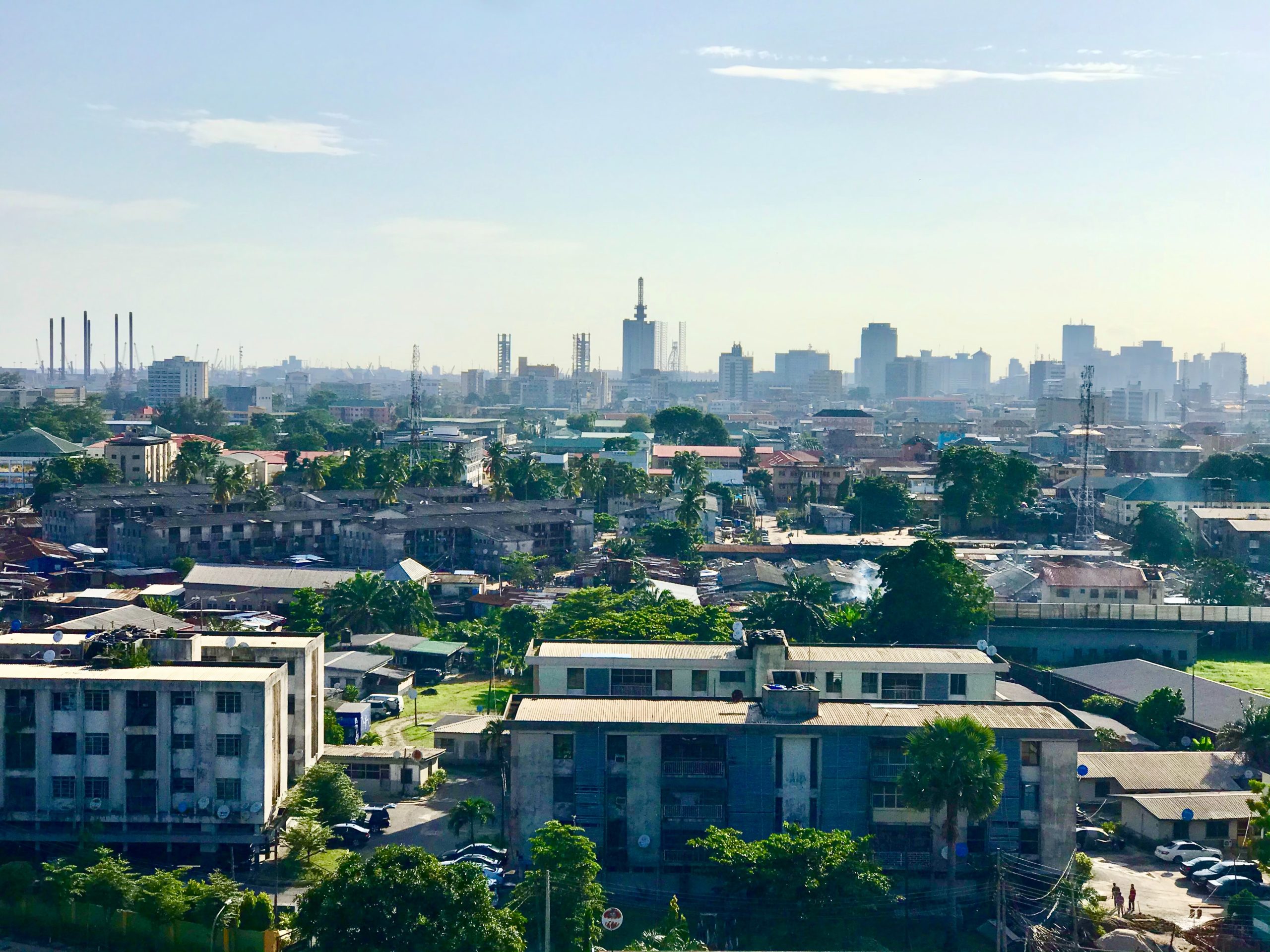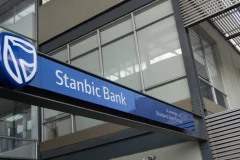
IN PARTNERSHIP WITH

It’s Monday again 🌄
And Twitter is expanding its downvote feature test to Android and iOS users globally.
Last year, Twitter started testing “upvote” and “downvote” buttons to help users navigate which responses to tweets are relevant to them but the feature was only available to web users.
Similar to the YouTube update on the dislike button, no one—not the Tweeter or the downvoter—will be able to see who has downvoted a tweet or how many downvotes a tweet has.
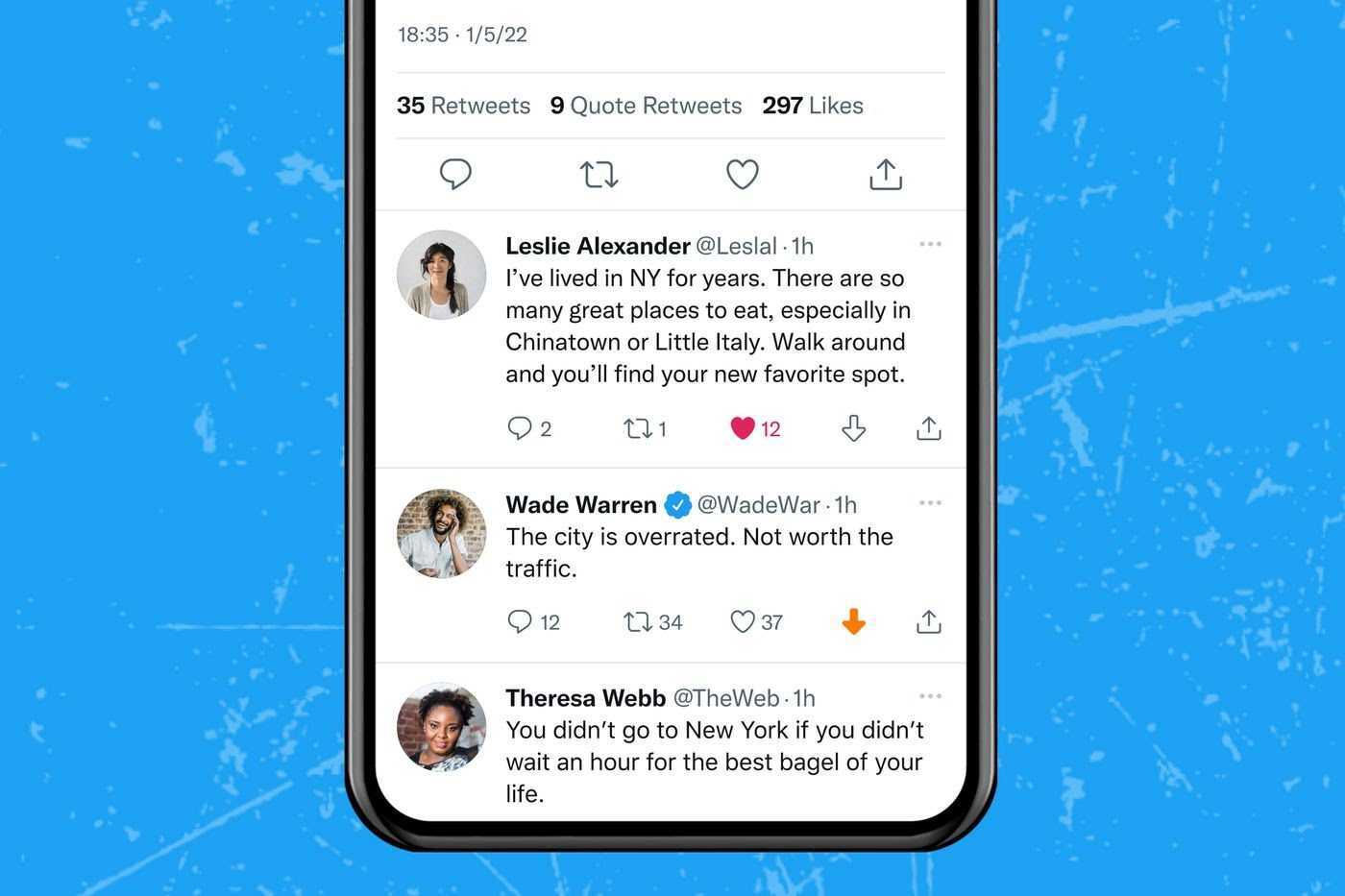
Image source: The Verge
The test, according to Twitter, helps improve the quality of conversations on Twitter, as users are able to curate content they don’t want to see.
Looks like Twitter will be giving us everything except that edit feature.🤧
In today’s edition
- Highlights from TechCabal’s 2021 EOY Report
- Are African governments ready for AI?
- What you need to know about USDT
- TC Insights: AI’s future in Africa
- Tech probe: Answers
- Job opportunities
HIGHLIGHTS FROM TECHCABAL’S 2021 EOY REPORT
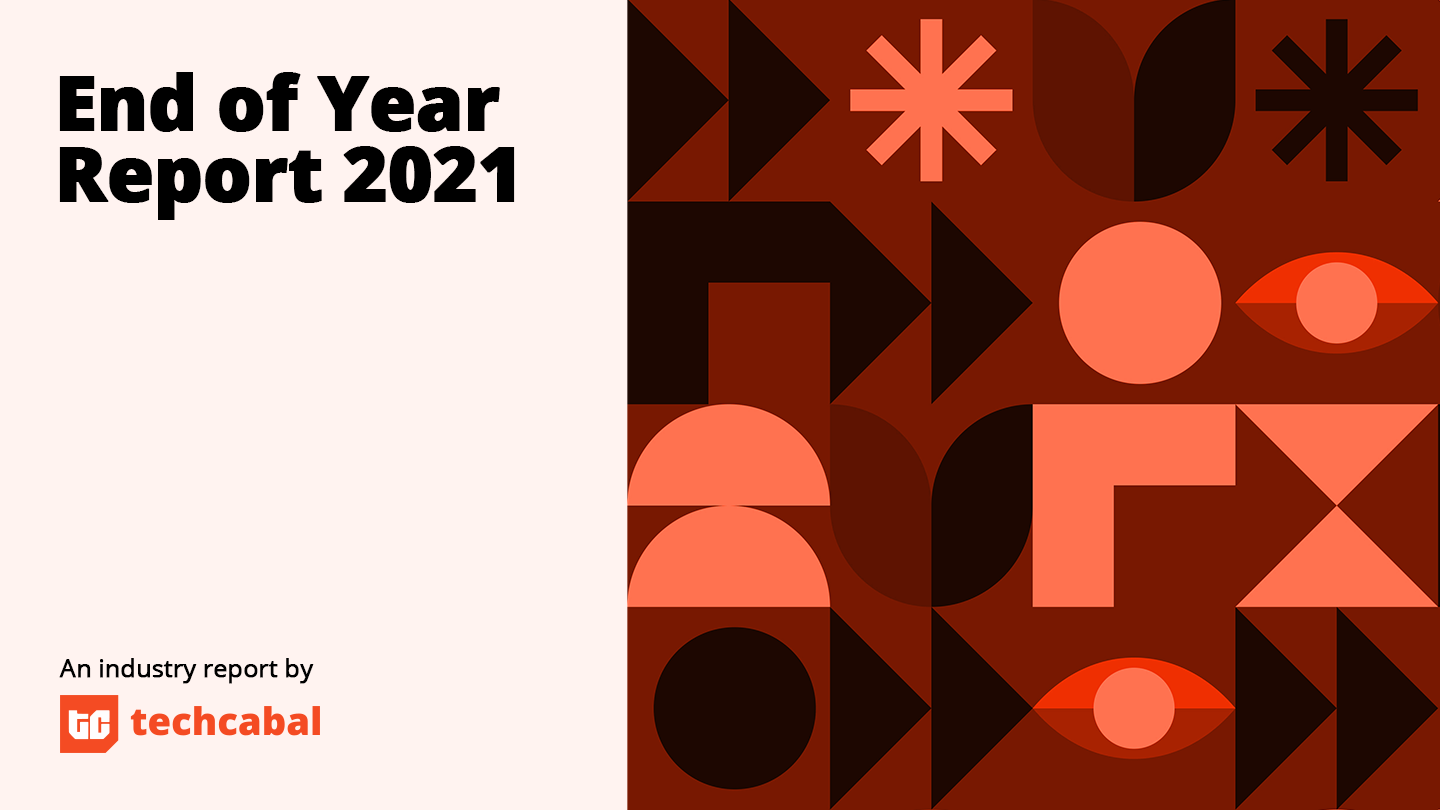
It’s finally here! It’s not Valentine’s yet, but don’t we all deserve gifts?
Our EOY report tracks the milestones that Africa’s tech industry recorded in 2021.
From startup funding announcements to notable product launches as well as exits, buyouts, and acquisitions, everything worthy of note that occurred in the tech ecosystem in 2021 is covered succinctly in this report.
What’s in it for you?
Well, you get answers to some of the most important questions in Africa’s tech ecosystem including: Which startups raised funding in 2021? What were the biggest exits and acquisitions? Who are the most interesting players to watch? Which sectors and regions are seeing the most growth?
For free.
Give us a taste!
Here are some important highlights we’ve pulled from the report.
- Startups based in the West African region raised the highest, about $1.5 billion across 116 funding rounds in 2021.
- In East Africa, agritech startups received the most investment, over $322 million, about 42.2% of the total funding received in the region.
- E-commerce, however, was the most funded sector in North Africa with 53.92% of the overall investments made in the region.
- Finally, about 7 venture funds were launched last year to invest a total of $254 million in African startups.
There are more important insights in TechCabal’s 2021 End of Year Report.
WHICH AFRICAN GOVERNMENTS ARE READY FOR AI?
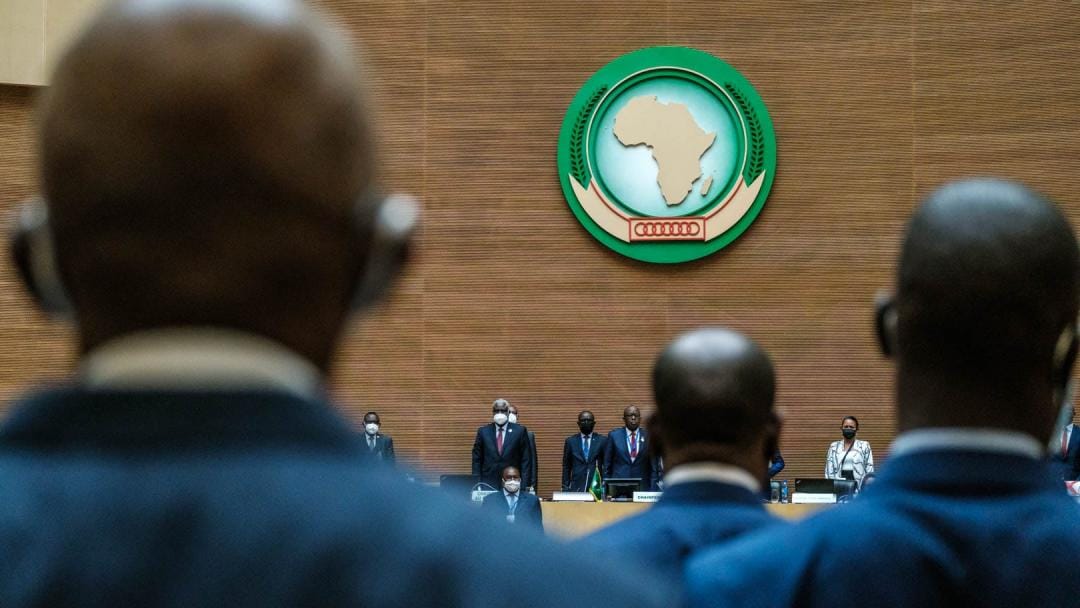
Globally, artificial intelligence adoption increased by 12% in 2021 with countries like India commanding the highest adoption rates. For countries adopting AI, the most popular use, across sectors, are for service automation, marketing and sales, and product development or optimisation.
Governments are also turning to AI to help them improve public services and gain economic advantages. For example, the US has chatbots that help users receive instant feedback on their immigration queries. Uruguay and Colombia also use an AI tool called Consul to improve democratic engagement amongst their citizens.
African governments are also turning to AI but adoption comes with its own set of requirements.
What do we need?
The Government AI Readiness Index by Oxford Insights’ lists 3 factors that can be used to test government readiness. The Government Pillar, which involves appropriate regulations; the Technology Pillar which involves supply of AI tools; and the Data and Infrastructure pillar which involves the availability of quality data.
Which countries are doing well?
Forty-one African nations, according to the report, have national AI strategies with 9% more at least drafting one.
Mauritius, with a score of 52.71 out of 100, is the most AI-ready African public sector, followed by Egypt (49.75), and South Africa (48.24). These three are the only African countries whose scores were higher than the global average of 47.42.
Mauritius and Egypt are the only countries with official National AI Strategies that set out 4–year plans from 2018–2022 to guide progress in this area.
Tunisia (45.71), Morocco (42.38), and Ghana (40.19) are also among the top African countries that show high prospects of leveraging AI to boost governance and spur development.
Zoom out: The report adds: “The main priority for many sub-Saharan African countries is to develop talent and build capacity. Only then can strategies be developed and implemented to guide AI readiness and ethical considerations of AI.”
Send and receive Naira, Cedis, Rand, Shilling, USD, Euros and other currencies directly to your mobile wallet, bank account, Barter wallet or through cash pickup with $end.
Visit send.flutterwave.com and do it now!
This is partner content.
WHAT YOU NEED TO KNOW ABOUT USDT

Crypto is the new hack.
Last year, crypto adoption in Africa grew by at least 1200% with a market rate of $105.6 billion. Growth on the continent is undeniable, but crypto education—for citizens and governments alike—is necessary if we’re to utilise the opportunities adequately.
Why is crypto adoption on the rise?
As Yellow Card Financial puts it, it’s all due to high inflation rate. In Nigeria, for example, the inflation rate grew by at least 16%. To ensure their savings don’t devalue, people convert their money into crypto in hopes of retaining value.
There are about 5,800 different cryptocurrencies available for people to invest in and while awareness of popular coins like bitcoin and ethereum has grown, others like USDT still remain a mystery to some.
Demystifying USDT
“USDT, or Tether, is a blockchain-based cryptocurrency whose tokens are backed by fiat currencies like the US dollar, euros or cash equivalents, which are held in reserve by Tether Limited,” says Yellow Card Financial, which recently relaunched into the Nigerian market.
USDT is also a stablecoin—digital currencies that are backed by assets such as fiat currency, other cryptocurrencies or gold. In this case, USDT is backed by the US dollar.
One of the greatest benefits of USDT is its stability. Unlike other cryptocurrencies which are volatile, stablecoins are, however, pegged to commodities and relatively stable assets such as gold and fiat currencies to minimize volatility.
In essence, while cryptocurrencies like bitcoin and ethereum are tethered to the unpredictable whims of demand and supply, coins like USDT are tethered to assets whose value and prices are more stable.
Quidax is one of Africa’s largest cryptocurrency exchanges that allows anyone to access Bitcoin and other cryptocurrencies from anywhere in the world. With the new Quidax app, anyone can trade over 30+ cryptocurrencies, get market reports, easily withdraw funds in your local currency, and do so much more.
Download the new Quidax app today!
This is partner content.
TC INSIGHTS: AI’S FUTURE IN AFRICA
Across the world, artificial intelligence is becoming mainstream. Last year, investments into the sector hit a record high of $77.5 billion. According to PWC, it is projected to contribute $15.7 trillion to the global economy by 2030. As the sector continues to gain momentum, African countries must adopt it massively or risk being left out.
Presently, there are private initiatives like iCog labs and IBM’s research lab in Kenya and South Africa to promote AI research. Also, startups like Apollo and Rxall have deployed AI solutions to improve crop yield and authenticate drugs respectively.
While these are great steps, data—AI’s primary resource—remains hard to get across the continent. Where it is available, the quality and timeliness leave little to be desired. The continent also has the lowest average level of statistical capacity compared to other regions.
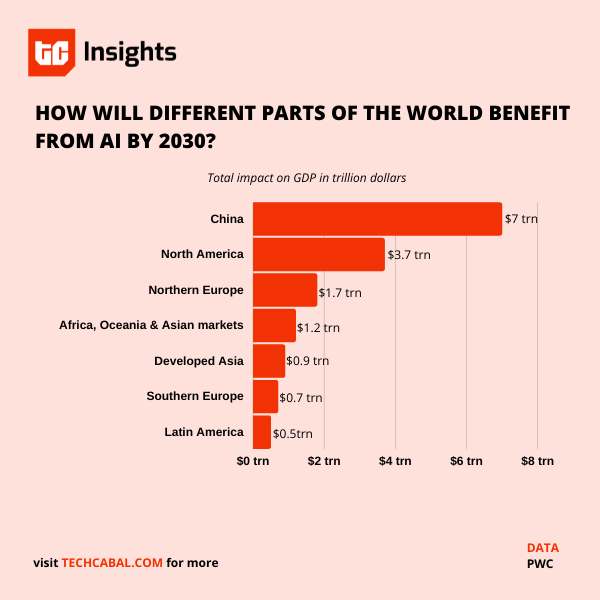
Also, education and skill training remain critical challenges. The human capital capacity of the continent’s workforce is lower than that of any other region. As AI relies on strong technical knowledge, only a few are equipped to implement its use cases.
To solve the data constraints, African countries must create more robust data collection processes and ensure data sharing for easy accessibility.
“The interactivity of data is crucial to AI. Data convergence is what drives value creation,” Olubayo Adekambi, an AI expert and founder of Data Science Nigeria said on a call with us.
To bridge the human capital gap, collaborations between universities and technology hubs/research labs should be encouraged. The value of this approach is that it creates full value chains for specific AI solutions through continuous interaction.
“We (government and private stakeholders) must make the right investments in human capital and connect the dots between conceptualisation and reality so more people understand what AI is all about.”
“Just as telecoms started as just voice and created value across multiple industries, a proper foundation must be laid to get more possibilities out of AI across Africa,” Adekambi added.
AI adoption will only grow in the coming years as more people get on board and its use cases become widespread in the lives of Africans around the continent. Gro intelligence and Instadeep receiving huge financial backing is only a sign of things to come.
You can download all our reports here and watch videos from our events. Send your custom research requests here.
TECH PROBE: ANSWERS
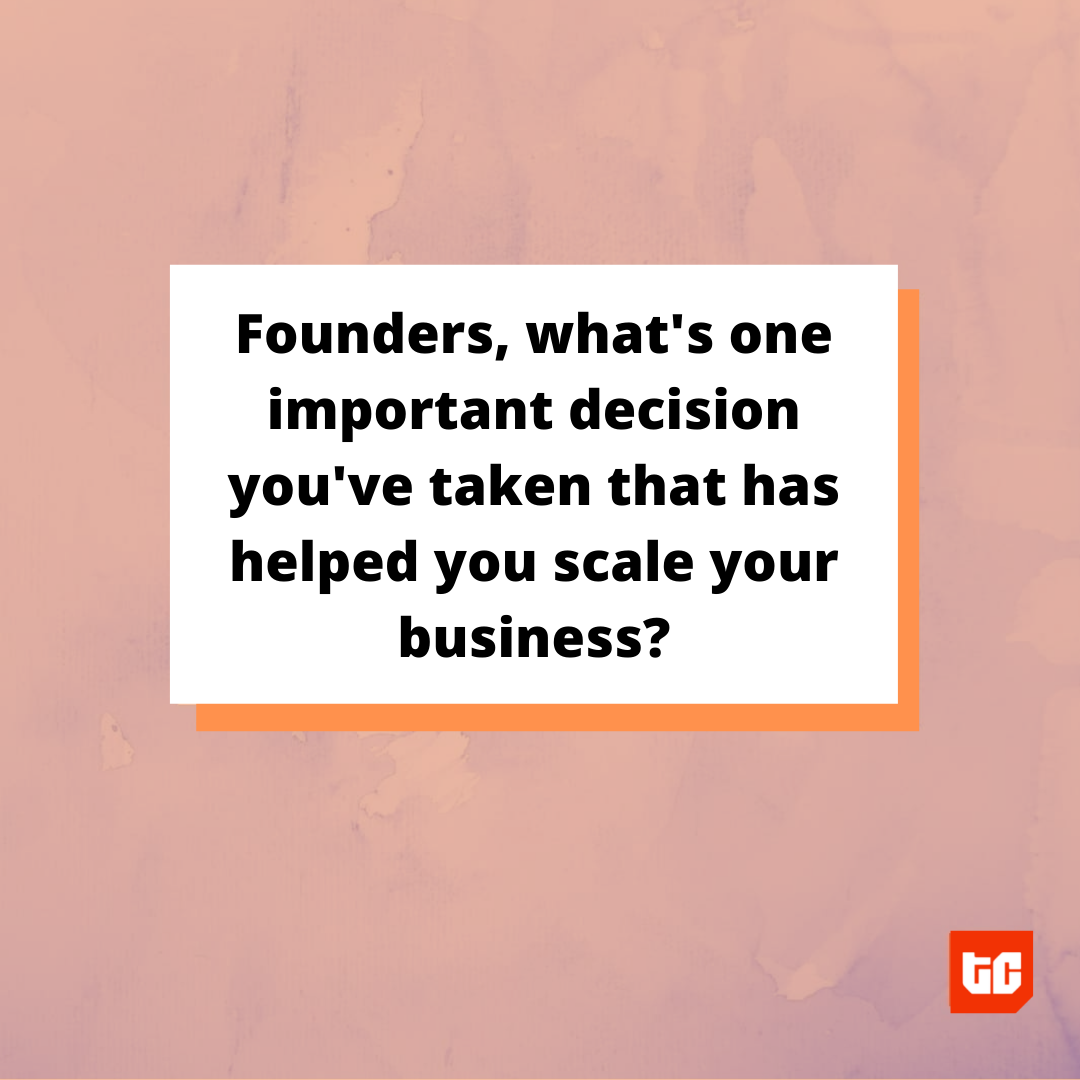
Last week, we asked founders, “What’s one important decision you’ve taken that has helped you scale your business?”
Here are some of the most interesting responses.
- “Don’t skrimp on hiring. Don’t hire into critical roles when you’ve not defined what success looks like.” – The Payment Logue (@the_paymentlogue, Instagram)
- “Rejecting an initial investment that demanded 50% equity of our total equity at a time when we needed investors the most.” – Mba Agha (@officiallmba, Instagram)
- “One important decision for us was spending a whole year studying our market to serve them better.” Instaccom Ghana (@Instaccoom, Twitter)
- “Decentralising knowledge and empowering my team members to own the vision,” – Seyi Sofolahan (@seyishof, Instagram).
JOB OPPORTUNITIES

Every week, we share job opportunities in the African tech ecosystem.
- Big Cabal Media – Software Developer, Finance & Admin Manager – Lagos, Nigeria
- Paystack – Senior Product Manager, Payments Product Manager – Africa (Remote),
- Brass – Managing Editor, Head of MarketingTechnical Product Manager – Nigeria
- Polygon – Developer Community Manager, Writer/Editor, Data Engineer – Africa (Remote)
- RemoteLock – Senior Full Stack Engineer – Africa (Remote)
There are more opportunities here. If you’d like to share a job opening or an opportunity, please fill this form.
Fincra is a payment infrastructure that provides fintechs, online platforms, and global businesses with reliable payment solutions for quick collections and payouts in different currencies. You can gain access to Fincra’s payments platform or integrate their APIs for seamless payments processing.
This is partner content.
What else we’re reading
- Saudi Arabia: A new home for Nigerian startups?
- Africa’s internet economy fuels investment boom in data centres.
- Chrome is changing its logo for the first time in 8 years.
- The Tinder Swindler: Everything to know about Netflix’s new true-crime documentary.



















